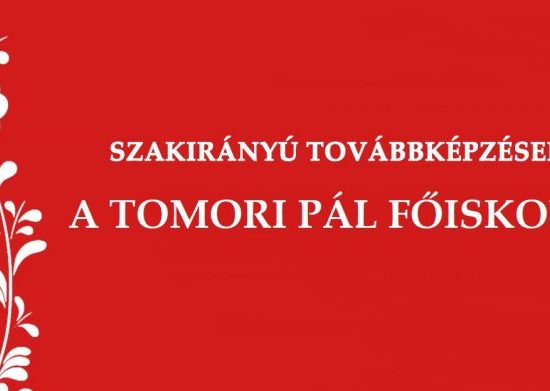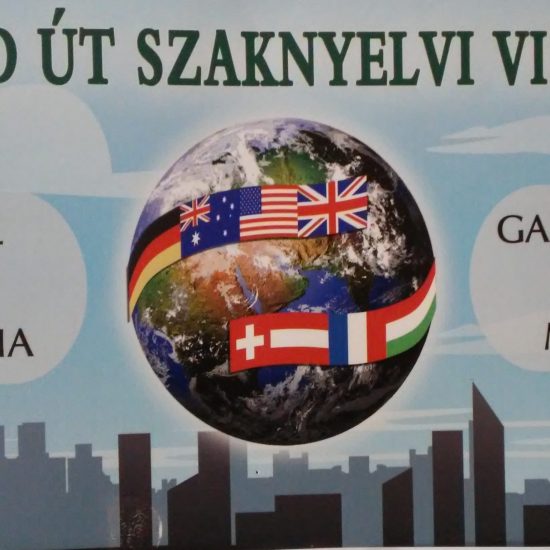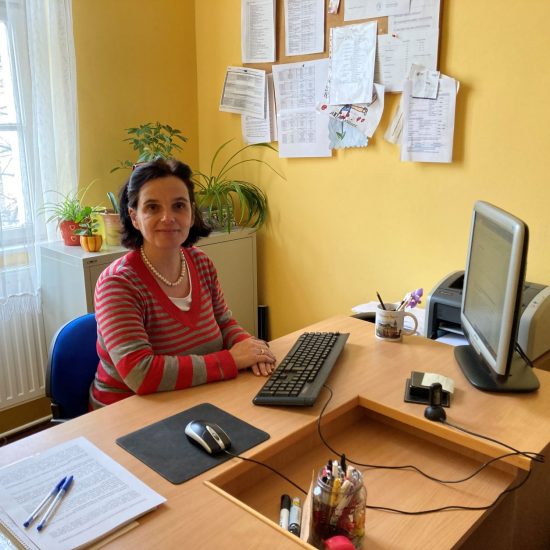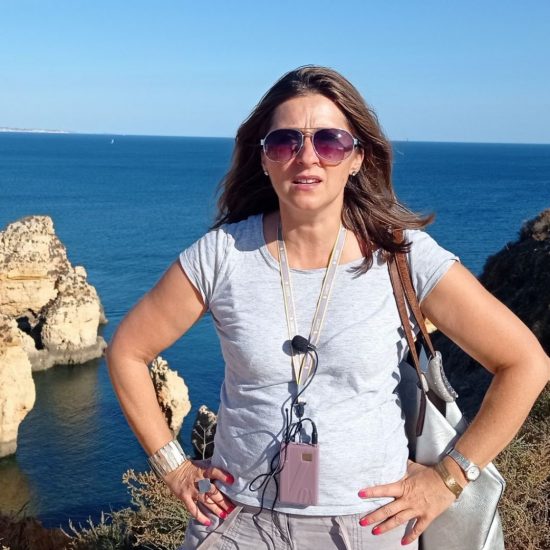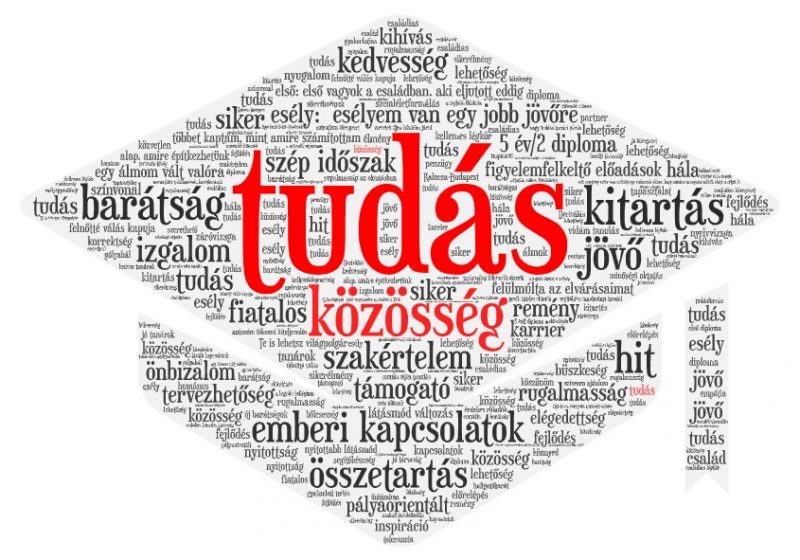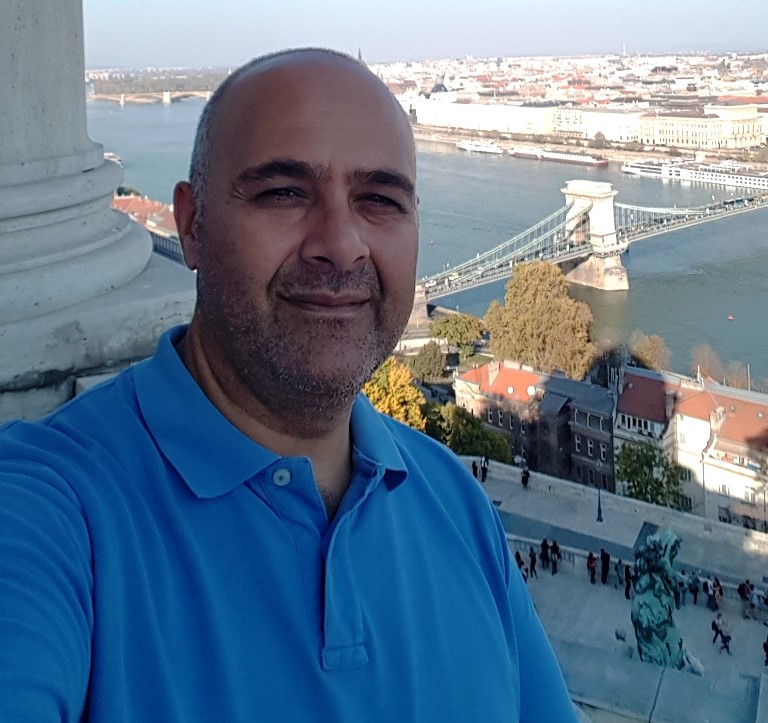
Ömür Önhon has been teaching at the Tomori Pál College since 2018. It certainly was a big decision for him and his family to move to Hungary. He didn’t change only his place of living and moved to another cultural environment, but also met a challenge it meant for his professional life. In the following interview, I asked him about both his personal and professional life.
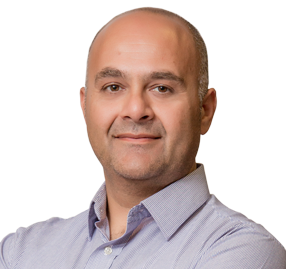
Professor Ömür Önhon
Why did you decide to live in Hungary with your family for some years?
In 2017, two professors (Geza and Csaba Szilvay) from Liszt Ferenc Music Academy (LFZE) visited Istanbul and discovered my daughter Duru’s talent in the violin. They recommended Duru to the LFZE’s Young Talents School. Duru passed the exam and gained admission to the LFZE in 2018 and thus our family’s journey to Hungary had to start soon. At that time, Duru was just 12 years old and it was neither possible to leave her in a school dormitory alone in another country, nor to ignore her potential and deprive her of such an extraordinary education opportunity. So, I and my wife, İlkay, decided to move to Budapest and support our one and only child on her musical education until she reaches adulthood.
What kind of position did you have in Turkey, and how big was the change for you when you started teaching?
I started my professional career as an engineer and worked 25 years mainly for international companies in Istanbul, Turkey. By the time when I had received promotions and stepped up to the managerial level, I noticed that I was more interested in social and economic issues than engineering. At that time, I decided to obtain my MBA degree to learn more about my new areas of interest, but, eventually, I continued and earned my PhD degree on Business Administration as well. This situation gave me a new vision and let me diversify my career plans for the future. I participated in many training and consultancy projects besides my managerial duties in the companies I worked for 25 years. At the same time, I started to teach in the Universities in Istanbul as a part-time lecturer before I came here.
How do you like your new life in Budapest? Was there anything that proved to be really surprising for you? What are the things you really like here? Anything you don’t ? How much have you come to know the Hungarian culture so far?
I am, and actually we are as a family, quite happy in Budapest. First of all, LFZE totally meets our expectations and provides a very valuable training for Duru. Secondly, Budapest is a far more convenient and calm city to leave in than Istanbul and it is also not very far so that we could easily balance our life between Istanbul and Budapest. Nowadays, it is not as easy as it used to be due to the pandemic but we could still find several opportunity to visit our families and friends and, sometimes, fix some problems in Istanbul. At last but not the least, thanks to Tomori Pal College and all the colleagues, I am able to continue my career and realize my plans here.
Not many surprising things. I had visited Budapest in 2000 and 2015 for touristic purposes, I also had a special interest in the history of Hungary because my great grandfather was an Hungarian Freedom Fighter who migrated to Istanbul during the 1848 Revolution. That’s why I had knowledge about Hungary and Hungarian life which is not so different from the Turkish way of life. As per my observations, big similarities exist in the family relations, the child-rearing, the shopping, the eating and cooking habits, even in the languages. However, I must say that I found Hungary highly bureaucratic. Athough the compatibility to EU norms is expected, some simple processes last quite long .
Do you have Turkish friends in Budapest? Tell us something about the Turkish community in Hungary!
The Turkish community in Hungary is not so big, generally consisting of expats, students, many small entrepreneurs and a couple of big business owners. We have some Turkish friends living here who came here for diplomatic purposes, or are appointed as expat or business entrepreneurs. Unfortunately, nowadays, we are not able to meet each other frequently because of the restrictions. We generally come together to let our children meet each other or celebrate Turkish festivals or memorial days.
What are those things in Hungary that Turkish people do not know and you would like to tell them? And on the other side: what are those things in Turkey that you think Hungarians should know better?
First of all, I tell to my friends in Turkey that Hungary, especially Budapest, is a very advantageous place to study. There are good universities and an enhanced cultural and artistic environment with reasonable costs. There are also very nice place to visit for tourists, especially in the spring and the Christmas season. Turkish people love spas and baths and they might not be aware of the beautiful baths of Hungary that, in my opinion, are more interesting than the ones we have in Turkey.
For the Hungarians, I suggest to visit primarily Istanbul, Cappadocia, Aegean and Mediterranean Coasts for the spring holiday so that they can have a beautiful time and also an opportunity to experience the Turkish culture. Therefore, they would be able to observe the mixture of many different cultures in one place and thus to explore the cultural similarities and closeness of nations without any prejudice. If they are interested in history than they could visit Kossuth Lajos’ house, Ferenc Rakoczi’s and Imre Thököly’s tombs as well as some monuments built by Hungarian artists.
What kind of cultural traditions do you keep in your family?
I think one of the most well-known Turkish traditions is drinking tea and coffee. Turkish people drink tea a lot, several times throughout the day. Me and my family also like drinking tea and coffee so much. Every morning, we drink tea for breakfast and a cup of Turkish coffee afterwards. By the way, breakfast is very important and may be the richest meal course for Turkish people. Every morning, we do have breakfast and consume several types of cheeses, eggs, breads, olives, butter, honey and jam that are indispensable to a traditional Turkish Breakfast. It could also be enriched with some sausages and fruits occasionally. We do not consume so much tea like other Turkish people during the day but, generally, we prepare another cup of coffee after dinner as well.


